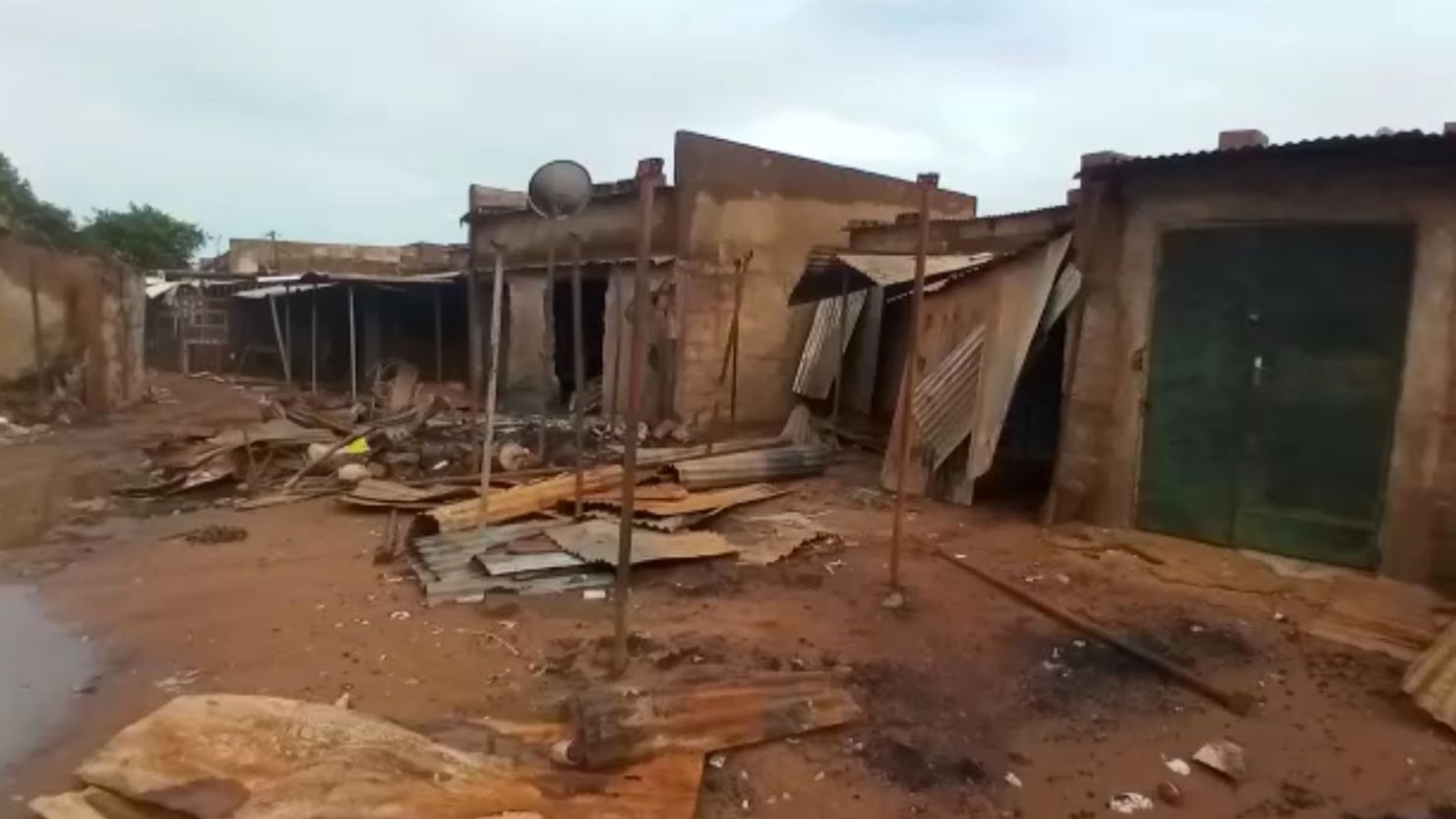A shocking massacre in Burkina Faso has claimed nearly 600 lives, leaving a nation in mourning and raising urgent questions about the escalating violence plaguing the region. The attack, which occurred in the northern part of the country, is one of the deadliest assaults in recent years and has sent shockwaves throughout West Africa and beyond. The massacre is part of a broader conflict that has engulfed Burkina Faso, with militant groups increasingly targeting civilians in their quest for control over territory and resources.
Burkina Faso, once considered a relatively peaceful nation, has found itself at the center of a rapidly growing insurgency. Since 2015, the country has been battling various extremist groups, including al-Qaeda affiliates and groups linked to the Islamic State. These groups have exploited the country’s instability, capitalizing on weak government structures, poverty, and ethnic tensions to expand their influence. As a result, the security situation in Burkina Faso has deteriorated, with frequent attacks on civilians, government forces, and humanitarian workers.
The recent massacre is emblematic of the unchecked violence that has become a tragic hallmark of the conflict. While the exact details of the attack remain unclear, reports suggest that armed militants stormed villages, indiscriminately killing men, women, and children. Survivors of the attack have described scenes of utter horror, with entire families being wiped out in the brutal onslaught. Many of the victims were reportedly civilians who had been seeking refuge from the violence that had already ravaged their communities.
Local and international human rights organizations have condemned the massacre, calling for immediate action to protect civilians in Burkina Faso. However, the response from the international community has been largely muted, with many countries focusing on their own domestic challenges. Humanitarian agencies have been stretched thin, struggling to provide aid to the growing number of internally displaced people within Burkina Faso, now numbering in the hundreds of thousands.
The escalating violence in Burkina Faso is not an isolated incident. It reflects a broader pattern of instability that has taken hold in the Sahel region, a vast area stretching across Africa just south of the Sahara Desert. Countries like Mali, Niger, and Chad have also experienced a surge in extremist activity, with militant groups exploiting porous borders and weak state institutions to launch attacks. As these groups expand their reach, civilians have borne the brunt of the violence, facing abductions, massacres, and the destruction of their homes.
Burkina Faso’s government has struggled to contain the insurgency, despite assistance from international partners, including France, which has a significant military presence in the region. In recent years, the Burkinabe military has launched several offensives to retake control of areas held by militants, but these efforts have been met with limited success. The rugged terrain of northern Burkina Faso, combined with the militants’ deep-rooted connections to local communities, has made it difficult for government forces to gain the upper hand.
Additionally, the insurgents have increasingly turned to tactics aimed at terrorizing civilians. By attacking villages and slaughtering innocent people, the militants are attempting to create an atmosphere of fear, pushing people out of their homes and into displacement camps. This strategy not only weakens the state’s control over the region but also disrupts the local economy, exacerbating the already dire humanitarian situation.
The aftermath of the massacre has left many in Burkina Faso feeling hopeless and abandoned. The survivors, now displaced and traumatized, face an uncertain future. Many have fled to camps where they rely on aid for survival, but resources are limited, and the threat of further attacks looms large. The cycle of violence has created a deep sense of insecurity, making it difficult for people to rebuild their lives.
In response to the massacre, there have been renewed calls for a more robust international intervention to address the crisis in Burkina Faso. Some experts argue that the current approach, which relies heavily on military solutions, is not enough to bring about lasting peace. Instead, they advocate for a more comprehensive strategy that includes addressing the root causes of the conflict, such as poverty, lack of education, and ethnic tensions. There is also a growing recognition that the fight against extremism in the Sahel cannot be won without regional cooperation, as the insurgents often operate across borders.
As Burkina Faso reels from this latest tragedy, the need for immediate action is clear. Without a concerted effort to protect civilians and stabilize the region, the violence will continue to spiral out of control, leading to even more loss of life and suffering. The international community must not turn a blind eye to the plight of the people in Burkina Faso. Instead, it should step up its efforts to provide humanitarian assistance and support long-term peace-building initiatives.
While the road ahead is undoubtedly difficult, the resilience of the Burkinabe people remains a beacon of hope. Despite the unimaginable hardship they have endured, many are determined to rebuild their lives and resist the forces that seek to tear their country apart. The massacre in Burkina Faso is a stark reminder of the fragility of peace and the urgent need for collective action to prevent further atrocities.
